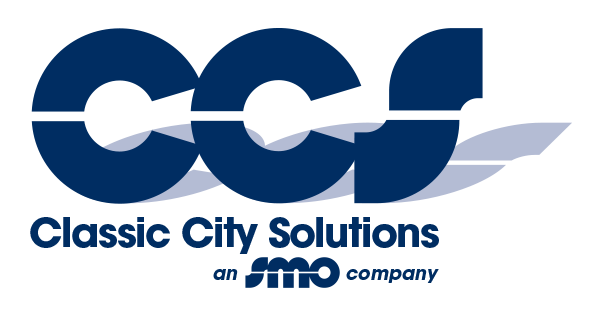Efficiency Unleashed: Mastering Just-in-Time Manufacturing
Welcome to the realm where time is not just a factor; it’s a strategic advantage. In this exploration, we delve into the intricacies of just-in-time manufacturing, a methodology that goes beyond efficiency and transforms the very fabric of how products are made.
Lean Production Philosophy: A Paradigm Shift in Manufacturing
At the core of just-in-time manufacturing lies the lean production philosophy. It’s not just about minimizing waste; it’s a holistic approach that streamlines every aspect of the production process. From reducing excess inventory to optimizing workflows, the lean philosophy is a paradigm shift that embraces efficiency as a way of life.
Demand-Driven Production: Aligning with Customer Needs
Just-in-time manufacturing thrives on the principle of demand-driven production. Instead of producing goods based on forecasts, manufacturers respond dynamically to actual customer demand. This alignment ensures that production is precisely tuned to market needs, minimizing excess inventory and eliminating the risks associated with overproduction.
Flexible Manufacturing: Adapting to Change on the Fly
Flexibility is a cornerstone of just-in-time manufacturing. The ability to adapt to changes in demand or product specifications is not just a feature; it’s a strategic advantage. Flexible manufacturing systems allow for rapid adjustments, enabling manufacturers to produce different products without the need for extensive retooling or downtime.
Supplier Collaboration: Forging Strong Partnerships
Just-in-time manufacturing extends its influence beyond the factory floor to supplier relationships. Collaborative partnerships with suppliers are crucial for seamless production. Suppliers become an integral part of the value chain, delivering components and materials just in time for production. This collaborative approach fosters trust and ensures a steady and reliable supply chain.
Reducing Lead Times: Accelerating Time-to-Market
One of the key benefits of just-in-time manufacturing is the significant reduction in lead times. From order placement to product delivery, every step is optimized for efficiency. This acceleration in lead times not only enhances customer satisfaction by delivering products faster but also minimizes the capital tied up in inventory.
Continuous Improvement Culture: A Commitment to Excellence
At the heart of just-in-time manufacturing is a commitment to a continuous improvement culture. The philosophy goes beyond a one-time implementation; it becomes a way of thinking and operating. Manufacturers actively seek ways to enhance efficiency, eliminate waste, and optimize processes continually.
Pull System Dynamics: Minimizing Waste, Maximizing Value
Just-in-time manufacturing operates on the pull system dynamics. Production is initiated in response to actual customer demand, minimizing the need for excess inventory. This pull-based approach ensures that every unit produced adds direct value to the customer, eliminating waste associated with producing goods that may not be immediately needed.
Employee Empowerment: A Catalyst for Efficiency
Just-in-time manufacturing values the role of employees as catalysts for efficiency. Empowered employees actively contribute to the continuous improvement culture, identifying opportunities for streamlining processes and enhancing productivity. The emphasis on employee involvement creates a sense of ownership and fosters a dynamic and responsive manufacturing environment.
Explore the World of Just-in-Time Manufacturing at Reltix.net
To delve deeper into the world of just-in-time manufacturing, explore Just-in-time manufacturing. This platform serves as a hub for insights, case studies, and the latest trends in just-in-time manufacturing. As industries master the art of efficiency unleashed, just-in-time manufacturing stands as a testament to the transformative power of aligning production precisely with market demands, creating a future where every manufacturing process is not just lean but strategically efficient.











